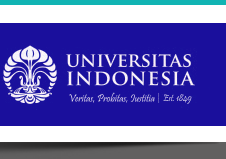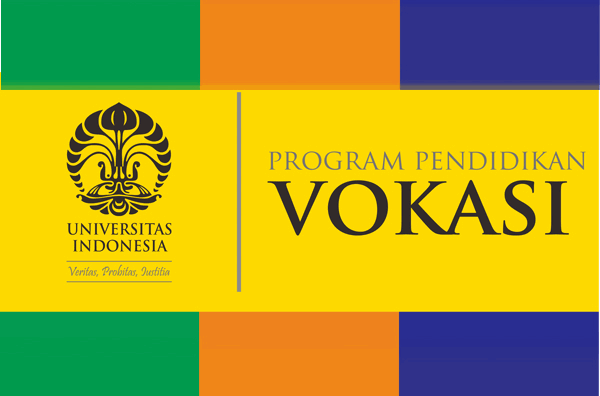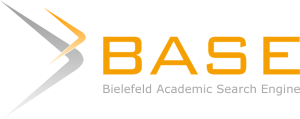Jurnal Fisioterapi Terapan Indonesia
Aims & Scope
Jurnal Fisioterapi Terapan Indonesia (JFTI) also known as The Indonesian Journal of Applied Physiotherapy publishes papers that show originality, high quality, and rigour in exploring physiotherapy services (promotive, preventive, curative, and rehabilitative) on human subjects in hospitals/clinics, educational institutions, various related health institutions and communities.
style="text-align: justify;"Our mission is to foster the growth of physiotherapy as a vital healthcare discipline in Indonesia, promoting evidence-based practice, professional development, and the integration of the latest research findings into clinical settings. Through the Indonesian Journal of Applied Physiotherapy, we strive to contribute to the overall improvement of patient care and the advancement of the physiotherapy profession.
The scope of the journal: applied physiotherapy studies. the mechanisms of function or dysfunction; evidence-based rehabilitation; modern therapy methods; best clinical practice; clinical reasoning and decision-making processes; assessment and clinical management of disorders; exploration of relevant clinical interventions; multi-modal approaches; biopsychosocial exploration in rehabilitation; qualitative studies involving physiotherapists. Quantitative, qualitative, and mixed methods research, also systematic, narrative, and scoping reviews articles are welcomed.
JFTI is a peer-reviewed publication that seeks to advance the field of physiotherapy by sharing high-quality research and clinical findings. Our journal covers a broad spectrum of topics relevant to physiotherapy and rehabilitation, including but not limited to:
Musculoskeletal Physiotherapy: Exploring the latest techniques and interventions for treating musculoskeletal disorders, including chronic pain management, joint mobilization, and post-surgical rehabilitation.
Neurological Physiotherapy: Research and case studies focusing on rehabilitation strategies for patients with neurological conditions such as stroke, Parkinson’s disease, multiple sclerosis, and spinal cord injuries.
Cardiopulmonary Physiotherapy: Investigating approaches to improving respiratory and cardiovascular health through physiotherapy, including exercise prescription for heart disease, COPD, and other chronic conditions.
Pediatric Physiotherapy: Specialized techniques and interventions for managing developmental disorders, congenital conditions, and injury rehabilitation in children and adolescents.
Geriatric Physiotherapy: Addressing the unique needs of the aging population, including fall prevention, mobility enhancement, and the management of age-related conditions like osteoporosis and arthritis.
Sports Physiotherapy : In-depth studies on injury prevention, rehabilitation, and performance enhancement in athletes across various sports disciplines.
Orthopedic Physiotherapy: Research on the assessment, diagnosis, and treatment of musculoskeletal injuries and conditions, including joint replacements, fractures, and ligament injuries.
Manual Therapy: Evaluating the effectiveness of hands-on techniques such as massage, manipulation, and mobilization in treating a variety of physical conditions.
Physical Therapy Technology: Innovations in physiotherapy equipment and digital tools, including telehealth, wearable technology, and rehabilitation robotics.
Women's Health Physiotherapy: Focused studies on physiotherapy interventions for conditions related to women's health, including pregnancy, postnatal recovery, and pelvic floor dysfunction.
Pain Management: Research into advanced pain management techniques, including therapeutic exercises, electrotherapy, and cognitive-behavioral strategies.
Clinical Education and Practice: Insights into best practices for physiotherapy education, training, and professional development, as well as ethical considerations in clinical practice.
Evidence-Based Practice: Encouraging the integration of the latest research findings into clinical decision-making to improve patient outcomes and treatment efficacy.
The journal serves as a comprehensive resource for physiotherapists, clinicians, researchers, and healthcare professionals dedicated to enhancing patient care and advancing the practice of physiotherapy.
----------------------------------------------------------------------------------------------------------------







